내 남자 친구
1. 남자 친구 소개
– 어떻게 우리가 알게 되었는지
– 저희는 대학 동기로 알게 되었습니다.
– 그의 외모와 성격 소개
– 저의 남자 친구는 키가 크고 잘 생겼으며 상냥한 성격을 가지고 있습니다.
– 우리의 첫 인상과 만남
– 처음 만났을 때 저는 그의 매력에 반해 바로 호감을 느꼈습니다. 우리는 친구로 시작해서 서로를 더 알아가게 되었습니다.
2. 우리의 관계
– 친구에서 연인으로의 전환 과정
– 서로를 더 알게 되면서 우리는 서서히 연인으로 발전하게 되었습니다.
– 우리가 함께하는 시간과 활동
– 우리는 자주 영화를 보거나 함께 산책을 하며 시간을 보내고 있습니다.
– 상호간에 가족과 친구들과 어떻게 이야기하는지
– 저희는 가족과 친구들과도 많이 소통하며 함께 시간을 보내고 있습니다.
3. 서로의 호감 표현
– 우리의 사랑 언어
– 저희는 서로의 언어를 통해 사랑을 표현합니다.
– 서로에게 어떻게 관심을 표현하는지
– 저는 그에게 자주 관심을 표현하며, 그 역시 저에게 관심을 가지고 배려해줍니다.
– 특별한 일이 있을 때 서로에게 어떻게 대해주는지
– 특별한 일이 있을 때는 서로를 축하하며 응원해주는 모습을 보입니다.
4. 사소한 애정 표현
– 사랑하는 남자친구에게 작은 선물
– 때때로 작은 선물을 줘서 저의 애정을 표현합니다.
– 서로에게 작은 서비스와 배려
– 일상적인 상황에서도 서로를 위해 작은 서비스와 배려를 표현합니다.
– 혹은 그에게 특별한 이벤트를 준비하는 것
– 생일이나 기념일에는 특별한 이벤트를 준비하여 그에게 행복한 시간을 선물합니다.
5. 연애 생활의 어려움
– 두 사람의 다른 스케줄 조율
– 서로의 다른 스케줄을 조율하여 함께 시간을 보낼 수 있도록 노력합니다.
– 의견 차이로 인한 갈등
– 가끔씩 의견 차이로 갈등이 발생하기도 하지만 서로의 의견을 존중하고 해결하기 위해 노력합니다.
– 서로의 부족함에 대해 어떻게 대처하는지
– 서로의 부족함을 알아보고 함께 보완하여 성장하려고 노력합니다.
6. 서로의 장점과 감사
– 그의 장점들과 그에게 느끼는 감사
– 그의 성실함과 책임감 등 여러 가지 장점들에 대해 저는 항상 감사함을 느낍니다.
– 나의 장점과 그가 감사하는 점
– 제가 가지고 있는 여러 가지 장점들에 대해 그는 항상 감사하고 인정해줍니다.
– 두 사람이 함께 갖는 호환성 및 조화
– 저희는 서로의 차이점을 이해하고 받아들이며 조화롭게 지내고 있습니다.
7. 서로에 대한 꿈과 목표
– 각자 개인적인 목표와 꿈
– 우리는 각자의 개인적인 목표와 꿈을 가지고 있으며, 서로의 목표 달성을 응원하고 지원합니다.
– 미래에 대한 비전과 서로에게 기대하는 점
– 우리는 미래에 대한 비전을 함께 공유하고, 서로에게 기대하며 성장할 계획입니다.
– 더 나아가 미래에 대한 공통적인 목표
– 우리는 더 나아가 공통적인 목표를 가지고 협력하여 더 큰 성취를 이루고자 합니다.
8. 서로의 취미와 관심사
– 공통적인 취미와 관심사
– 저희는 공통적인 취미와 관심사를 가지고 있어 함께 즐길 수 있는 시간을 보내고 있습니다.
– 함께 하는 취미와 관심사
– 둘 다 음악에 관심이 많아 함께 음악을 연주하거나 콘서트에 가기도 합니다.
– 어떻게 취미와 관심사를 통해 더 가까워지는지
– 취미와 관심사를 함께 즐기며 서로를 더 잘 이해하고 더 가까워질 수 있습니다.
9. 우리의 미래 계획
– 앞으로의 계획과 함께 꿈꾸는 미래
– 우리는 함께 앞으로의 계획을 세우고 있으며, 꿈을 향해 함께 성장하고 싶습니다.
– 결혼, 가족, 혹은 다른 중요한 결정에 대한 계획
– 결혼과 가족에 대한 계획도 서로 논의하고 있으며, 함께 중요한 결정을 내리고자 합니다.
– 우리가 협력하여 달성하고자 하는 목표
– 우리는 서로를 믿고 지지하며 협력하여 목표를 달성하고자 합니다.
FAQs:
1. 남자친구 google translate (Boyfriend google translate)
– “남자친구” is translated as “boyfriend” in English.
2. 내 남자 meaning (Meaning of “내 남자”)
– “내 남자” means “my boyfriend” in English.
3. 남자 친구 translate in English (Translate “남자 친구” in English)
– “남자 친구” is translated as “boyfriend” in English.
4. 난 내 남자 친구를 사랑 (I love my boyfriend)
– “난 내 남자 친구를 사랑” means “I love my boyfriend” in English.
5. 핑클 내남자친구에게 (Fin.K.L To My Boyfriend)
– “핑클 내남자친구에게” is the Korean title of the song “To My Boyfriend” by Fin.K.L.
6. English to Korean (영어에서 한국어로)
– English to Korean translation.
7. 폭타 작가 (Pokepang writer)
– “폭타 작가” is a term used to describe someone who writes articles quickly or vigorously.
8. 내 사랑 in English내 남자 친구 (My love in English my boyfriend)
– “내 사랑” means “my love” in English, and “내 남자 친구” means “my boyfriend” in English.
사용자가 검색한 키워드: 내 남자 친구 남자친구 google translate, 내 남자 meaning, 남자 친구 translate in English, 난 내 남자 친구를 사랑, 핑클 내남자친구에게, English to Korean, 폭타 작가, 내 사랑 in English
Categories: Top 58 내 남자 친구
Fin.K.L (핑클) – To My Boyfriend (내 남자 친구에게) [Color Coded Lyrics Han/Rom/Eng]
여기에서 자세히 보기: tfvp.org
남자친구 google translate
남자친구 구글 번역 기능에 대해 들어본 적이 있나요? 구글 번역은 현대 사회에서 언어 장벽을 해결하는 데 매우 유용하게 사용되는 도구입니다. 그러나 남자친구에 대해서 구글 번역을 사용해보았을 때, 독특한 결과를 얻을 수 있습니다. 이 기능은 언어 변환에 일부 제약이 있으며, 종종 우스꽝스러운 결과를 가져온다는 점을 고려해야 합니다.
한국어로 ‘남자친구’는 ‘boyfriend’와 동일한 의미입니다. 그러나 구글 번역은 때로는 이러한 단어의 컨텍스트를 이해하지 못하고 말장난을 시도하거나 어떤 상황에서는 매우 낭패롭게 받아들일 수도 있습니다. 예를 들어, “나의 남자친구는 내 영혼의 반쪽입니다”라는 문장을 번역하면 “My boyfriend is half of my soul”라고 번역될 수 있습니다. 이러한 번역은 로맨틱한 의미를 멋지게 표현하지만, 원하는 바와 다를 수도 있습니다.
구글 번역은 효과적인 도구이지만, 다른 언어 내용에 대해 완벽히 이해하고 자연스럽게 번역하는 것은 아닙니다. 예를 들어, 영어에서 “남자친구”를 한국어로 번역할 때, “boyfriend”만 입력하면 그 결과는 “남자친구”입니다. 그러나 한국어에서의 문맥이 없기 때문에, 발음, 성별, 관계 등에 대한 추가 정보를 제공하지 않는 한, 이 단어만으로는 번역의 제한을 극복하기 어렵습니다.
구글 번역에서 실수하는 또 다른 문제는 문법 오류입니다. 번역된 결과를 재차 번역하여 원래의 언어로 되돌려 보면 문법적으로 이상한 부분이 보이기도 합니다. 이는 구글 번역의 기계 학습 시스템이 어느 정도까지 문법적으로 정확한 번역을 제공할 수 있는지에 대한 한계를 나타내는 예입니다. 이러한 점을 감안할 때, 구글 번역을 사용하는 동안 문장 구조와 문법을 확인하는 것이 중요합니다.
여기에는 남자친구 구글 번역을 사용할 때 자주 묻는 질문 몇 가지가 있습니다.
Q: 나의 남자친구를 뜻하는 다른 단어 변형을 제공하는 남자친구 구글 번역이 있을까요?
A: 아쉽게도, 남자친구라는 단어 변형 외에는 제공되지 않습니다. 원하는 문맥을 포함하여 번역할 때, 문장의 추가 정보를 제공하면 좋은 결과를 얻기가 더 쉬워집니다.
Q: 구글 번역은 문맥을 고려하는가요?
A: 일부 문맥을 고려하지만, 이를 정확하게 파악하는 것은 어렵습니다. 추가 문장이나 상황에 대한 정보를 제공하면 번역의 정확성을 높일 수 있습니다.
Q: 남자친구의 성별에 따라 번역이 달라질까요?
A: 번역 결과에 영향을 미치는 요소 중 하나는 성별입니다. 단어의 뜻을 명확히 하기 위해 문장에 보완 정보를 추가하는 것이 좋습니다.
Q: 나는 남자친구 대신 여자친구를 가지고 있습니다. 구글 번역으로 여자친구를 번역하면 어떻게 되나요?
A: “여자친구”를 영어로 번역하려면 “girlfriend”라고 입력하면 됩니다. 그러나 번역 과정에서 비슷한 문제가 발생할 수 있으므로 문맥을 기반으로 한두 단어 추가를 고려하는 것이 좋습니다.
남자친구 구글 번역은 재미있는 결과를 얻을 수 있는 도구입니다. 그러나 제한 사항과 문제를 이해하고 계속 사용하는 것이 중요합니다. 번역의 목적에 따라 구글 번역을 사용할 때 항상 문맥과 문법을 고려하는 것이 좋습니다. 이를 통해 단어의 뜻을 정확히 전달하고, 원하는 의미와 감정을 최대한 잘 표현할 수 있습니다.
내 남자 meaning
Origins and Cultural Significance
The phrase 내 남자 finds its roots in Korean society’s emphasis on relationships, particularly romantic ones. Korean culture places great importance on romance and the perception of one’s love life, which is often seen as a reflection of a person’s social standing and happiness. Consequently, the term 내 남자 emerged as a way for women to communicate their attachment and admiration for their significant other.
Usage and Variations
내 남자 is a versatile expression that can be used in various situations. While it primarily refers to one’s boyfriend, it can also be used to address one’s husband or a potential romantic interest. In Korean dramas and popular culture, this term is often employed to create an emotional connection between characters and to highlight their commitment to each other.
As with any language, there are variations of expressing the same sentiment. Some alternatives to 내 남자 include 내 사람 (nae saram), 내 애인 (nae aein), and 내 남편 (nae nampyeon). While all these phrases convey a similar meaning of possession and endearment, they differ slightly in their level of formality and the stage of the relationship being referred to. 내 남자 is considered a relatively casual term compared to some of the alternatives, making it a popular choice among young adults and couples.
Cultural Expectations and Gender Dynamics
In Korean society, the phrase 내 남자 signifies more than just a romantic partner. It represents gender dynamics and societal expectations regarding relationships. Historically, Korean culture has been heavily influenced by Confucianism, which emphasizes hierarchical relationships and gender roles. This has resulted in certain expectations for men and women when it comes to romantic partnerships.
남자 (namja), which means “man” in Korean, carries a sense of strength, protectiveness, and responsibility to provide for the family. By using the phrase 내 남자, women express their desire for a partner who embodies these attributes and fulfills their expectations of a traditional, masculine role.
Additionally, the usage of 내 남자 can also reflect Korean society’s patriarchal nature, wherein women often face pressure to submit to their partner’s wishes and expectations. While not applicable to every relationship, it is essential to acknowledge these cultural undercurrents and their potential impact on gender dynamics.
FAQs
Q: Can I use 내 남자 to refer to my male friend?
A: While 내 남자 traditionally refers to a romantic partner or significant other, it is not uncommon for friends to use this phrase casually, especially among close groups. However, it’s important to pay attention to the context and the dynamic of your relationship with your male friend to prevent any misunderstandings.
Q: Can a man use 내 남자 to refer to his boyfriend?
A: Yes! The phrase 내 남자 does not have strict gender restrictions. Men can use this phrase to refer to their boyfriend or romantic partner, emphasizing their affection and commitment.
Q: Are there any alternatives to 내 남자 that are more formal?
A: Yes, if you are in a more formal or serious relationship, you may consider using 내 사람, 내 애인, or 내 남편, depending on the specific context and the level of formality desired.
Q: Is it acceptable to use 내 남자 in professional settings?
A: No, using the phrase 내 남자 in a professional setting would be inappropriate and unprofessional. It is important to maintain a level of formality and adhere to professional etiquette when communicating in such environments.
In conclusion, 내 남자 is a phrase deeply ingrained in Korean culture, representing affection, pride, and possessiveness in romantic relationships. Understanding the origins, usage, and cultural significance of this expression is pivotal to navigating Korean relationships and appreciating the nuances of the language. From its historical context to contemporary usage, 내 남자 paints a vivid picture of the complexities and expectations inherent in Korean relationships.
남자 친구 translate in English
Introduction:
In the world of relationships, it is a universal desire to find a partner who can be a loving and supportive presence in our lives. For individuals exploring the Korean culture or forming connections with Korean speakers, understanding key terms is essential. One such term is “남자 친구,” which translates to “boyfriend” in English. In this article, we will delve into the definition, nuances, and questions surrounding this term to provide a comprehensive understanding of its meaning in Korean culture.
Definition and Cultural Perception:
In Korean, “남자 친구” comprises two words: “남자” (namja) meaning “man” or “male” and “친구” (chingu) meaning “friend.” Therefore, when combined, “남자 친구” refers to a male companion or boyfriend. This term is widely used and holds similar significance to the English translation.
In Korean society, dating and relationships are valued and regarded with respect. Cultural expectations may vary, but generally, a “남자 친구” is expected to be someone who contributes to emotional support, companionship, and shares common interests. Similar to relationships in other cultures, Korean couples engage in activities together, spend quality time, and support each other through various stages of life.
Understanding the Nuances:
1. Platonic male friendships: While “남자 친구” primarily translates to “boyfriend,” it is important to note that in some contexts, it can also refer to a male friend of a female. This dynamic does not imply a romantic relationship but rather highlights a close friendship between a male and female.
2. Cultural emphasis on privacy: Korean culture often values privacy regarding relationships, especially dating at a younger age. It is common for couples to keep their relationship private until they feel comfortable introducing their partner to family and close friends. This cultural facet showcases the importance of respect and consideration for personal boundaries.
3. Expressing affection: Korean couples tend to express affection in more subtle ways compared to Western cultures. Holding hands, hugging, and small gestures like sweet smiles and light touches are common displays of affection. The level of physical intimacy may vary depending on the relationship and individual preferences, but it is generally considered respectful and customary for couples to maintain a certain level of modesty in public.
FAQs:
Q1: Can a “남자 친구” eventually become more than just a boyfriend?
A: Yes, relationships can evolve naturally. Korean culture allows relationships to progress at the comfort and pace of the individuals involved. While a “남자 친구” initially refers to a boyfriend, it is possible for this bond to grow deeper and lead to long-term commitment, marriage, or even starting a family.
Q2: Is it common for Korean couples to engage in public displays of affection?
A: Korean couples typically display affection in private or more discreet settings. Holding hands, hugging, and small gestures are generally considered appropriate, while anything beyond that may be seen as more intimate and reserved for private moments. However, it is essential to note that societal norms are continually evolving, and individuals may express affection differently based on their personal preferences and the context.
Q3: How can one address their “남자 친구” in Korean?
A: When addressing a “남자 친구,” one can simply use the term “남자 친구” or use endearing terms like “자기야” (jagiya), similar to “honey” or “sweetheart” in English. These endearing terms help strengthen the emotional bond and signify affection.
Q4: Can someone have more than one “남자 친구”?
A: While it is theoretically possible to have multiple “남자 친구,” it is important to respect the boundaries and expectations of all parties involved. Honesty, communication, and mutual understanding are key to maintain healthy relationships. It is essential to avoid hurting others’ feelings and ensure all relationships are consensual and based on trust.
Conclusion:
Understanding the term “남자 친구” provides an insightful glimpse into Korean culture and the importance placed on significant relationships. As with any linguistic translation, it is crucial to consider the cultural background and nuance behind the phrase. Whether you are forming connections with Korean speakers, visiting Korea, or simply exploring the language and culture, appreciating the significance of terms like “남자 친구” deepens our understanding of interpersonal bonds and promotes cultural empathy.
주제와 관련된 이미지 내 남자 친구
![Fin.K.L (핑클) - To My Boyfriend (내 남자 친구에게) [Color Coded Lyrics Han/Rom/Eng] Fin.K.L (핑클) - To My Boyfriend (내 남자 친구에게) [Color Coded Lyrics Han/Rom/Eng]](https://tfvp.org/wp-content/uploads/2023/06/hqdefault-1443.jpg)
내 남자 친구 주제와 관련된 이미지 49개를 찾았습니다.
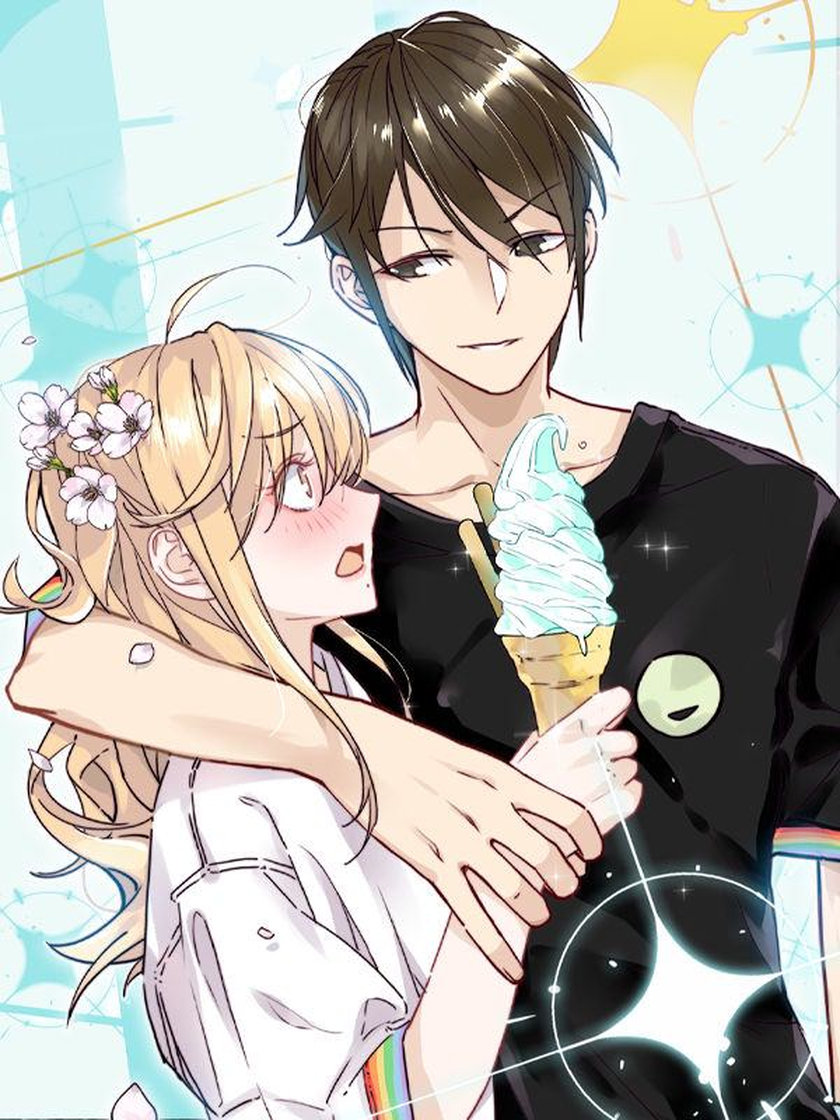
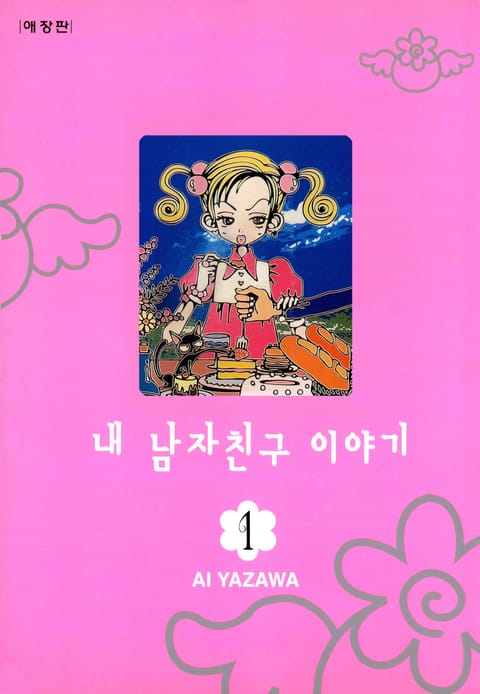
![MMF2016] HaniXSeolhyunXTzuyu - To my boyfriend, 하니X설현X쯔위 - 내 남자친구에게, MBC Music Festival 20161231 - YouTube Mmf2016] Hanixseolhyunxtzuyu - To My Boyfriend, 하니X설현X쯔위 - 내 남자친구에게, Mbc Music Festival 20161231 - Youtube](https://i.ytimg.com/vi/ug3ACtzBsIs/maxresdefault.jpg)



![충격실화] 내 남자친구가 사기꾼? #실화탐사대 #실화On MBC201223방송 - YouTube 충격실화] 내 남자친구가 사기꾼? #실화탐사대 #실화On Mbc201223방송 - Youtube](https://i.ytimg.com/vi/R0iPMVPmyDw/maxresdefault.jpg)


![영화 후기] 내 남자친구는 왕자님 The Prince & Me, 2004 :: TwoLee World 영화 후기] 내 남자친구는 왕자님 The Prince & Me, 2004 :: Twolee World](https://t1.daumcdn.net/cfile/tistory/99D1FD4F5DFA0AD305)





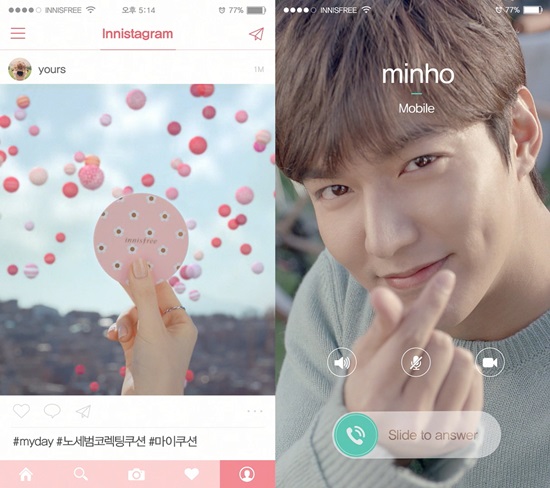





![띵곡플레이어] (역시 원조요정) 핑클 - 내 남자친구에게♡ ㅣ KBS방송 - YouTube 띵곡플레이어] (역시 원조요정) 핑클 - 내 남자친구에게♡ ㅣ Kbs방송 - Youtube](https://i.ytimg.com/vi/55BK5DiH6kg/maxresdefault.jpg)
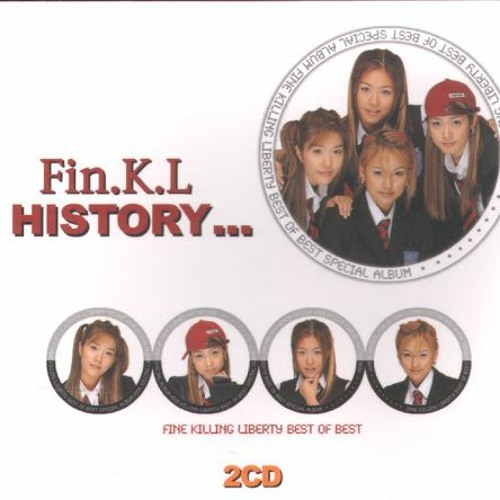
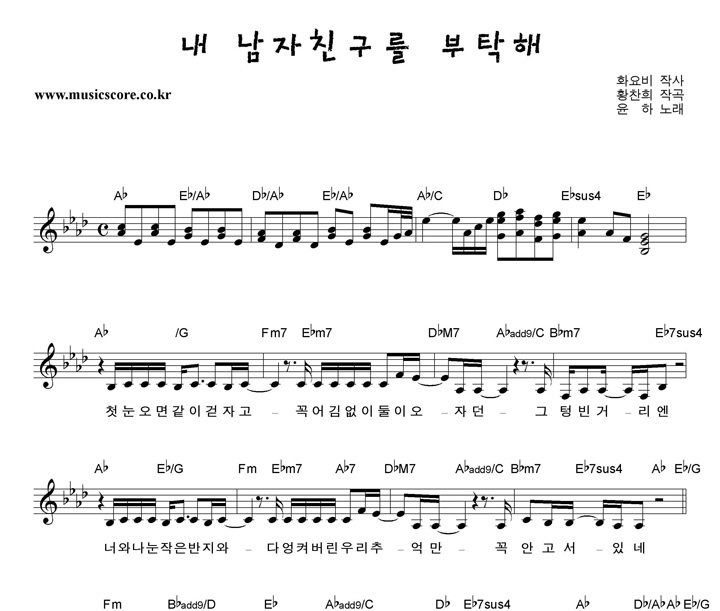
![KY ENTERTAINMENT] 내 남자 친구에게 - 핑클 (KY.5526) / KY Karaoke - YouTube Ky Entertainment] 내 남자 친구에게 - 핑클 (Ky.5526) / Ky Karaoke - Youtube](https://i.ytimg.com/vi/B8CY3Ik6IIs/maxresdefault.jpg)
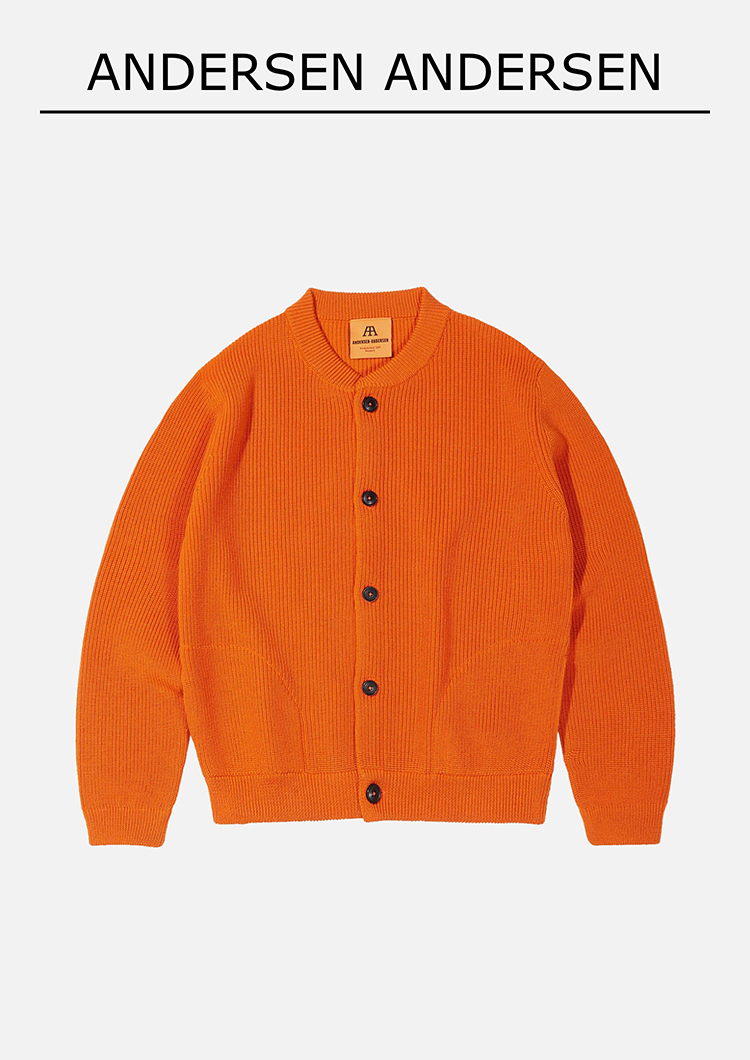


![페어리] 내 남자친구는 유령?! - BL 웹툰 - 리디 페어리] 내 남자친구는 유령?! - Bl 웹툰 - 리디](https://img.ridicdn.net/cover/840014555/xxlarge#1)
Article link: 내 남자 친구.
주제에 대해 자세히 알아보기 내 남자 친구.
- What does “내 남자 친구” (nae namja chingu) mean in Korean?
- 내 남자친구 – 나무위키
- Translation of 내 남자 친구야 from Korean into English – LingQ
- #내남자친구 hashtag on Instagram • Photos and videos
- 내 남자친구는 왕자님 | 다음영화
더보기: https://tfvp.org/tin-tuc blog